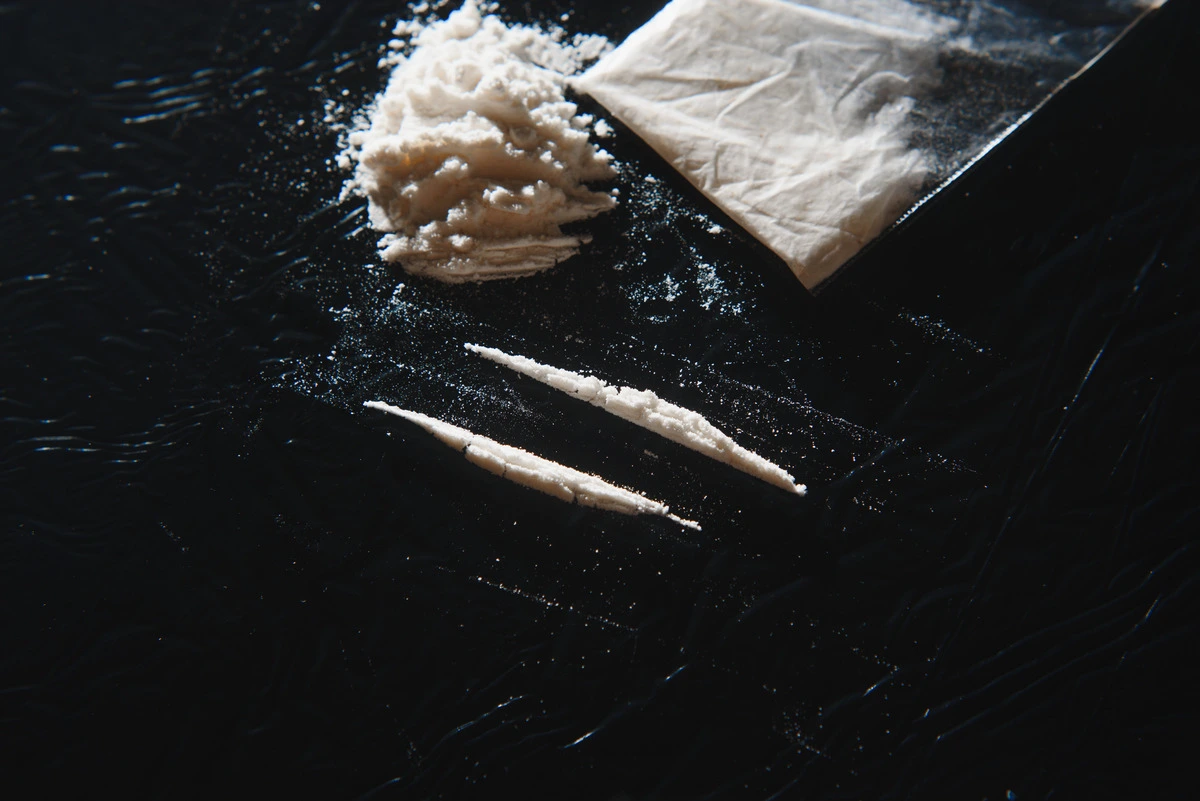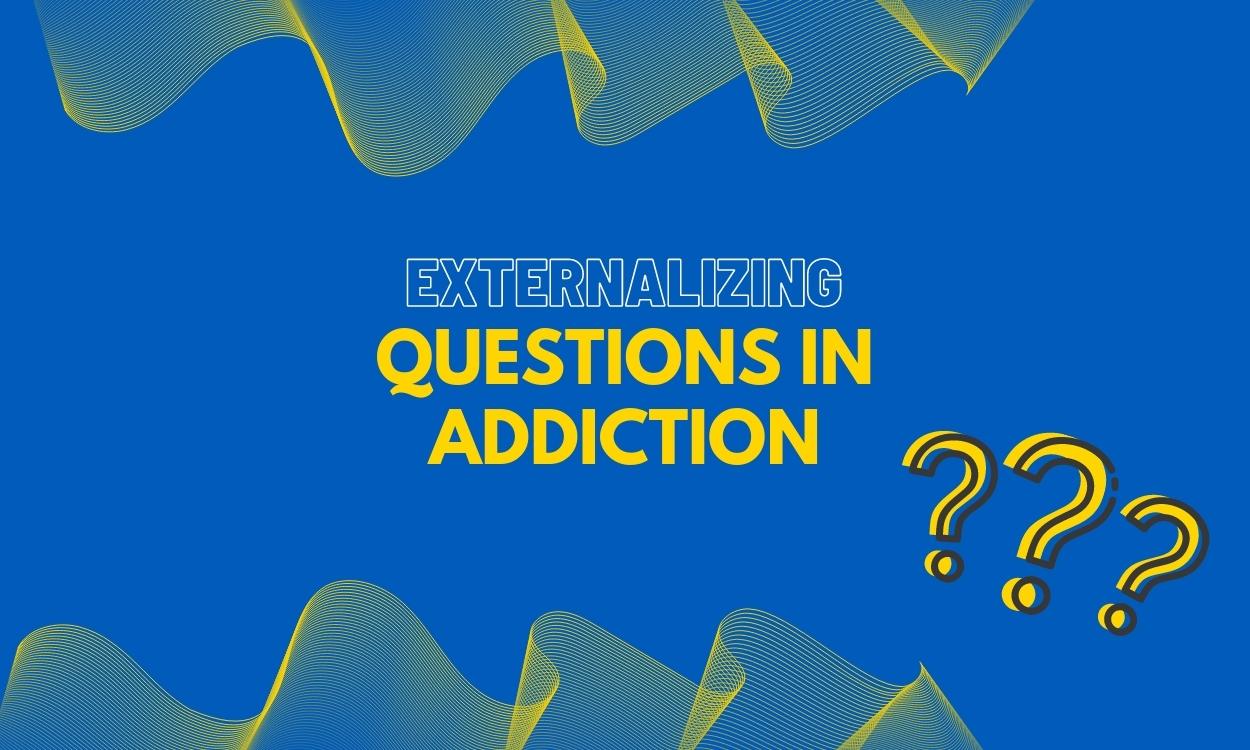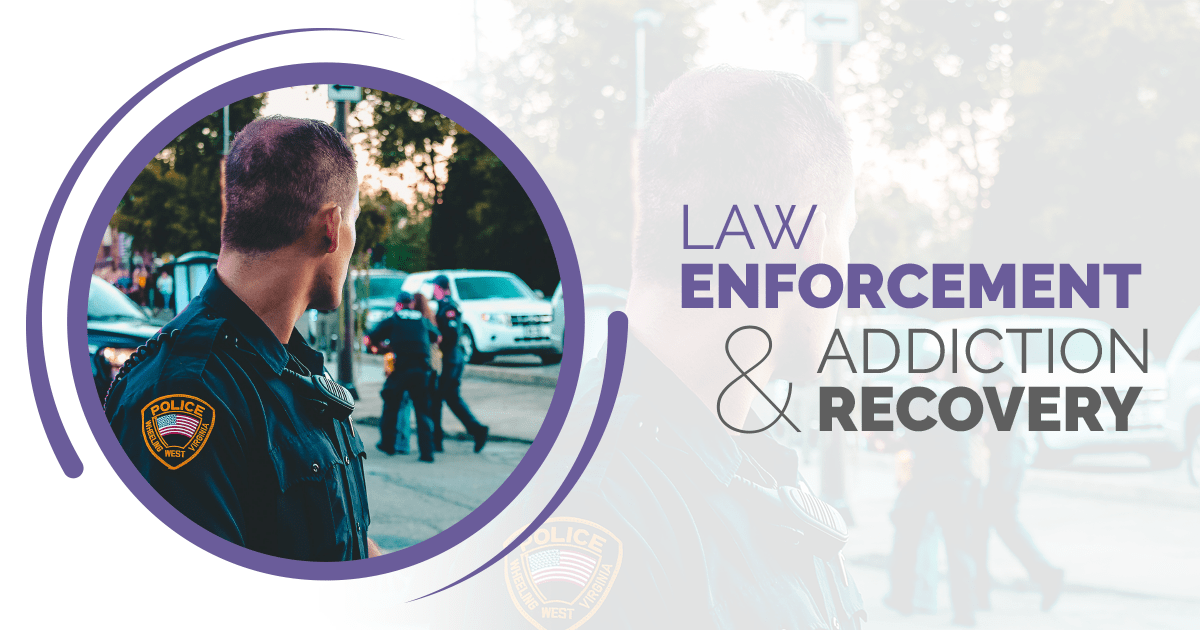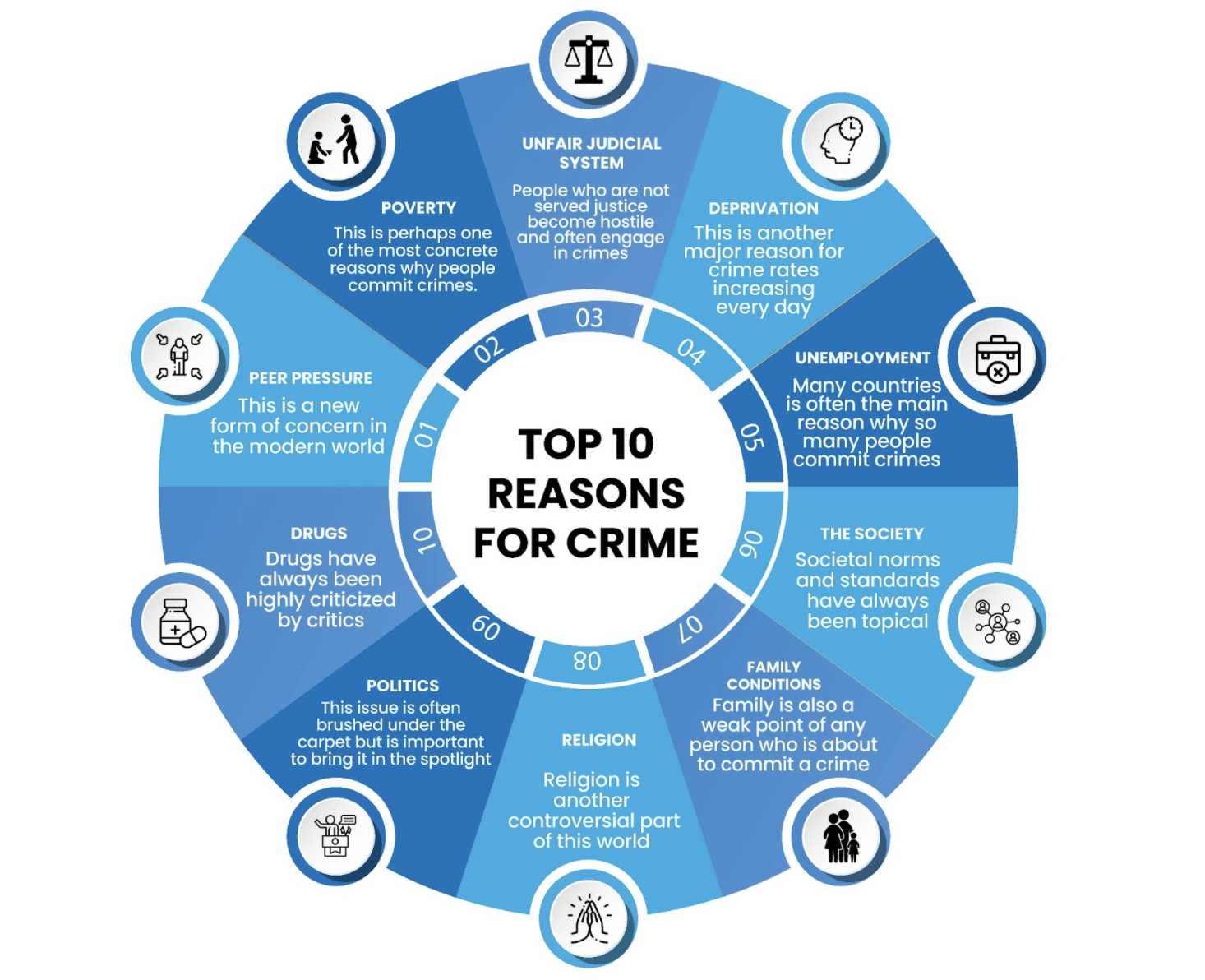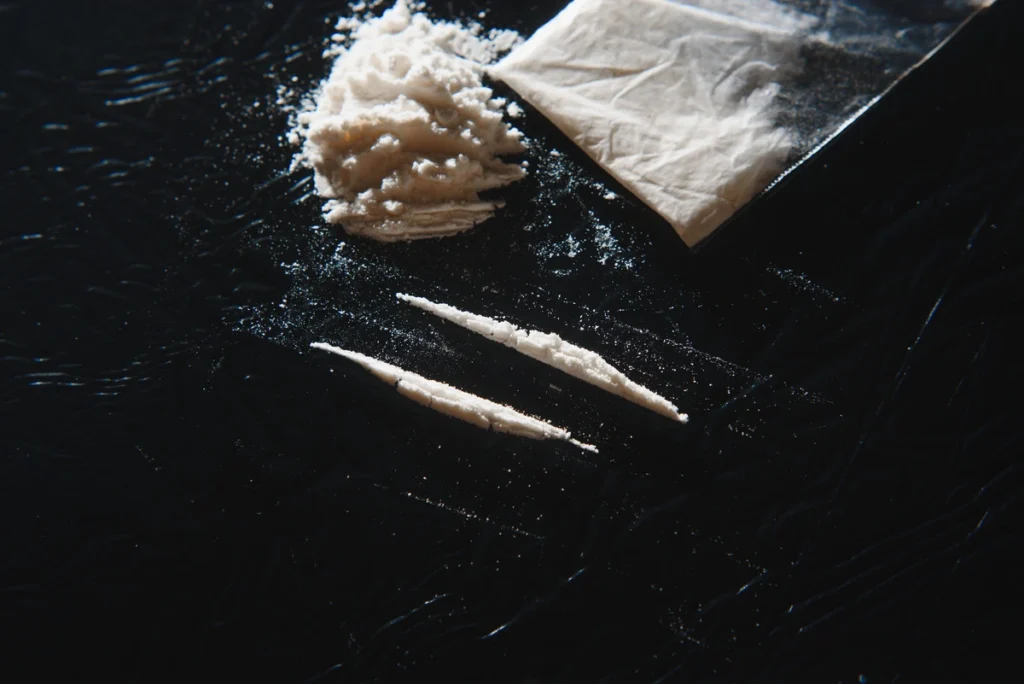
Are you or a loved one seeking answers about cocaine’s presence in your system? Understanding how long cocaine stays in your body is crucial, especially if you’re considering addiction treatment at Anchored Tides Recovery, a leading women-centric rehab program in Huntington Beach, CA. This article will provide valuable insights into the duration of cocaine’s presence in your system and how it can affect your recovery journey.
What is Cocaine?
Cocaine is a powerful stimulant drug derived from the leaves of the coca plant, native to South America. It is commonly found in two forms: powder cocaine and crack cocaine. Powder cocaine is typically snorted or dissolved in water and injected, while crack cocaine is usually smoked. Both forms produce a rapid and intense high by increasing levels of dopamine in the brain, which can lead to feelings of euphoria, increased energy, and heightened alertness.
However, cocaine use comes with significant risks. It can cause a range of physical and mental health issues, including heart attacks, strokes, respiratory failure, anxiety, paranoia, and addiction. Cocaine’s addictive nature makes it easy for users to develop a dependency, leading to a cycle of repeated use and escalating doses. Understanding the dangers and seeking appropriate treatment is crucial for anyone struggling with cocaine use.
Key Factors Affecting Cocaine Detection
Cocaine is a powerful stimulant that can have both short-term and long-term effects on your body. The duration it remains in your system varies depending on several factors, including:
- Frequency of Use: If you’ve been using cocaine regularly, it may take longer to clear from your system.
- Dosage: Larger doses can lead to a longer presence in your body.
- Metabolism: Your body’s ability to metabolize drugs plays a significant role in how long cocaine stays in your system.
- Route of Administration: Whether you snort, smoke, or inject cocaine can impact how quickly it leaves your system.
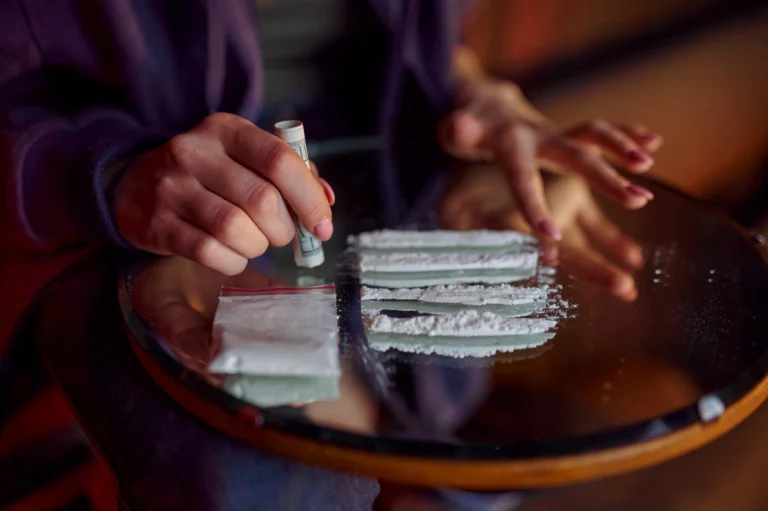
Anxiety at Work: How to Handle It and When to Seek Support
If you’re feeling anxious at work, you’re not alone. For many women, the workplace is a major source of stress — whether it’s constant worry
Cocaine Detection Times
- Urine: Cocaine can typically be detected in a urine test for 2-4 days after use.
- Blood: In a blood test, cocaine can be detected for 1-2 days post-use.
- Saliva: Cocaine can be detected in saliva for up to 2 days after use.
- Hair: Cocaine may show up in a hair follicle test for up to 90 days or longer, depending on hair length and growth.
Factors Affecting Cocaine’s Stay in Your System
Several factors can influence how long cocaine stays in your system:
- Metabolism: Individual metabolism rates can vary, affecting the drug’s clearance time.
- Chronic Use: Frequent use can lead to a buildup of cocaine in the body, extending detection times.
- Liver Function: Cocaine is primarily metabolized by the liver, so liver health can impact clearance rates.
- Hydration: Staying well-hydrated can help flush the drug out of your system more quickly.
- Age: Metabolism tends to slow down with age, potentially prolonging detection times.
Why Knowing the Duration Matters
Understanding how long cocaine stays in your system is crucial for various reasons:
- Treatment Planning: If you’re seeking addiction treatment, knowing the duration can help clinicians create a tailored treatment plan.
- Employment: Some jobs require drug testing, and awareness of detection times can be essential for maintaining employment.
- Legal Consequences: Cocaine use is illegal, and being aware of detection times can help you avoid legal issues.
- Recovery: Knowing how long the drug stays in your system can be motivating for those on the path to recovery, offering tangible progress markers.
Anchored Tides Recovery Can Help You
If you or a woman in your life is struggling with cocaine addiction, Anchored Tides Recovery in Huntington Beach, CA, is here to provide specialized, dual-diagnosis enhanced rehab designed by women, for women. Our compassionate team is dedicated to helping you overcome addiction and achieve lasting recovery.
Call Anchored Tides Recovery Today!
Don’t let cocaine addiction control your life. Reach out to Anchored Tides Recovery today for a confidential consultation and take the first step towards a healthier, happier future.
FAQ
How long does cocaine stay in your system?
The length of time cocaine remains detectable in a person’s system varies based on several factors, including the type of drug test used, the amount of cocaine consumed, and the frequency of use.
Is there a way to speed up the clearance of cocaine from my system naturally?
While staying hydrated and maintaining a healthy lifestyle can help, there is no guaranteed way to accelerate the process. Time is the most effective method for clearing cocaine from your system.
Can cocaine be detected in a hair follicle test if I've only used it once?
Hair follicle tests are highly sensitive and can detect even infrequent use. It’s possible for cocaine to show up in a hair test after a single use.
Do over-the-counter detox products work for eliminating cocaine from the body before a drug test?
The effectiveness of detox products can vary, and they are not always reliable. It’s essential to consult with a healthcare professional or addiction specialist for guidance.
How can I seek help for cocaine addiction at Anchored Tides Recovery?
You can reach out to Anchored Tides Recovery through our website or by calling our confidential helpline. Our team of experts is ready to assist you on your journey to recovery.
Is Anchored Tides Recovery exclusively for women with cocaine addiction, or do you offer treatment for other substances too?
While we specialize in treating women with cocaine addiction, we offer comprehensive addiction treatment services for a wide range of substances and co-occurring mental health disorders. Our personalized programs cater to each individual’s unique needs. Call 866-329-6639 for more information.

